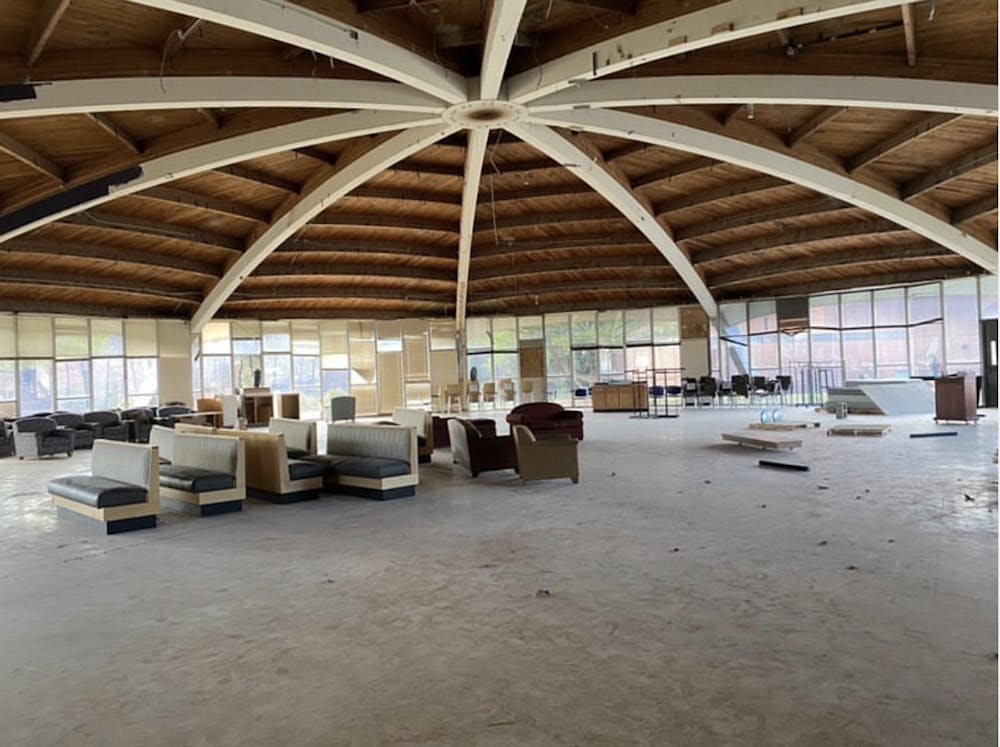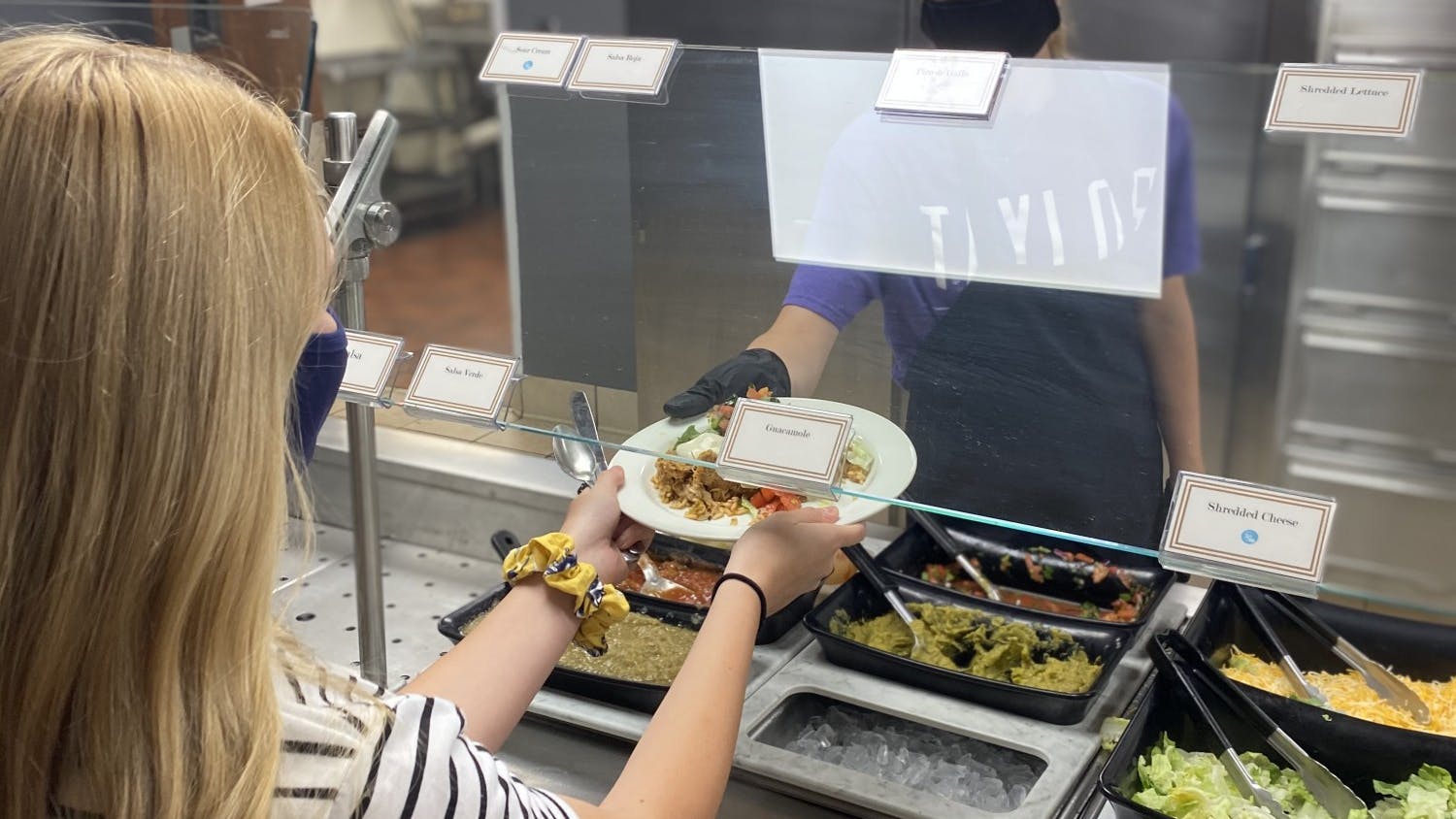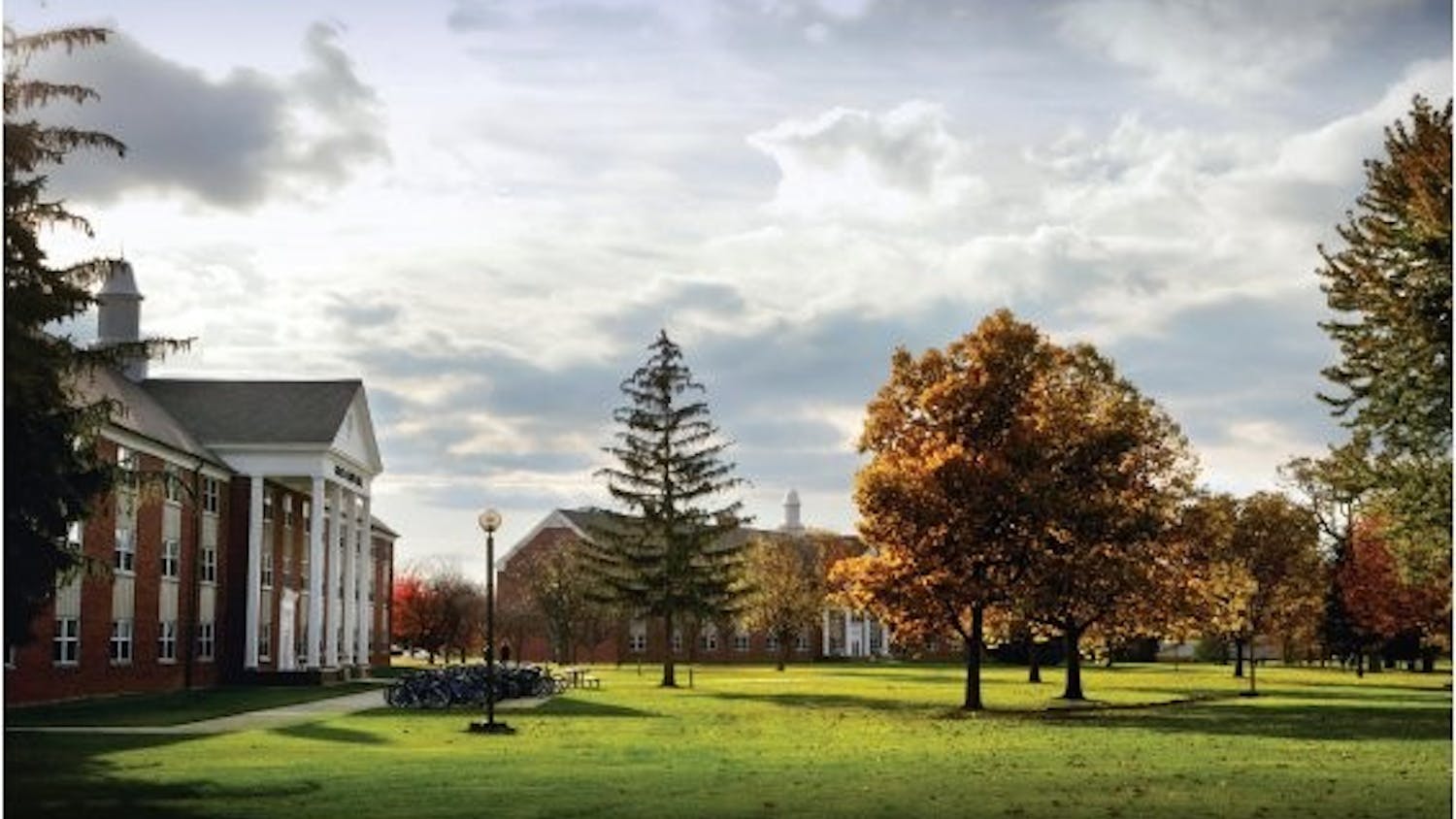Much like the students, the faculty and staff at Taylor don’t really know what to expect when coming back for J-Term and the spring semester.
“As we were preparing for the fall semester, recommendations and regulations were changing on a weekly, if not daily basis,” said Nate Haugh, dining service director at Taylor. “We won’t know for sure what we will be doing until students return. And even then, they could change at a moment’s notice.”
Currently, it doesn’t look like rules will be made any more strict for J-term. However, it also doesn’t look like many restrictions will be taken off.
Vice President of Student Development Skip Trudeau isn’t counting on any major changes by next semester like a vaccine. If there is a change in the situation though, Taylor will be ready for it.
“For a while, (the Pandemic Response Team was) meeting every day from four to five; now we’re meeting three days a week from four to five” said Trudeau. “We’re getting data from every point you can imagine, sifting through that and trying to make those decisions (about COVID-19).…And probably most importantly for us is we’re going to continue to monitor the Center for Disease Control state and local health guidelines.”
Trudeau said that while the likelihood of spring study abroad is not clear yet, all other international and domestic travel has been canceled for the semester, including spring break trips.
The decision-making process for trips is also complicated as it involves following the local and national advisories in the U.S. and in the countries the students plan on visiting.
Taylor has plans to keep students safe when they are finally able to travel abroad.
“We’ll rely heavily on our ground partners — those who are in the other countries who can help with the program — using their knowledge, their experience, the information they have, and we put all of this together to make decisions,” said Dean of Intercultural Programs Charlier Brainer. “We have an international management crisis team that meets at Taylor. We meet when needed to discuss situations and to use all the information that we have to make the best possible judgement.”
While a ban on international travel makes Brainer’s job more awkward, he said that global learning and engagement still has to be happening. While it is not the same as real international travel, Brainer said his department has been looking into “non-mobility” approaches to international learning and engagement for students and staff.
One project they are working on is a virtual lighthouse program over J-term. Nov. 17 there will be an information session that students should attend if they want to get one of the available spots. Students will earn credit for IAS 320: Cross Cultural Service, and potentially collaborate with students from other countries in similar situations.
Many may not be aware of the international program’s restructuring, but they are aware of the changes in food lines at the Hodson Dining Commons (DC.) Haugh said that they are trying to bring back more interaction and options, such as a toast bar at breakfast, but it is difficult to make the options work in a COVID-safe way.
Haugh also mentioned that many schools do not have a dine-in option, some as well known as Vanderbilt University, so Taylor is fortunate just to be able to eat together at the DC, even if the options aren’t the same as last year.
Although the restrictions can be frustrating for the students, the faculty is happy with the results so far.
“The external feedback that we are getting is very positive,” Trudeau said. “You guys are doing something right, because you’re able to continue doing some of these programs that most schools haven’t, so I want to say, we’ve done a good job, but we’ve got to keep doing it.”





